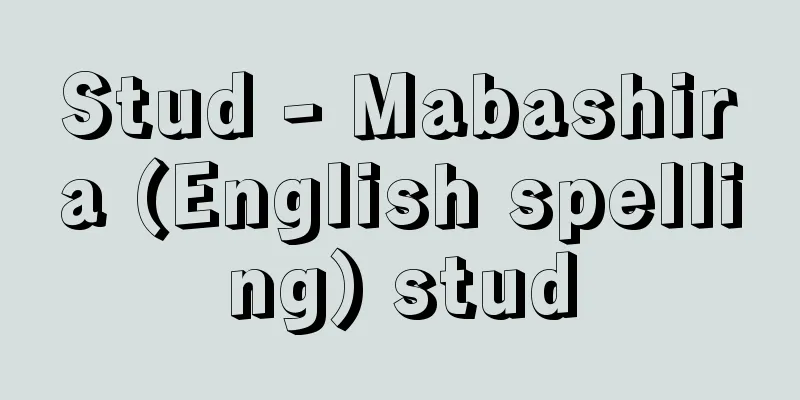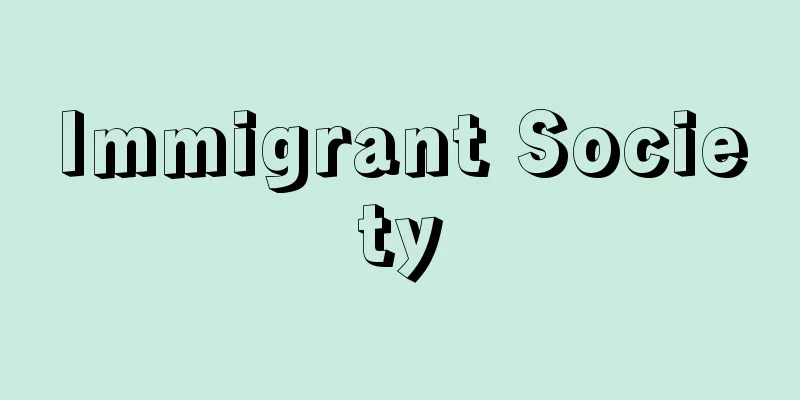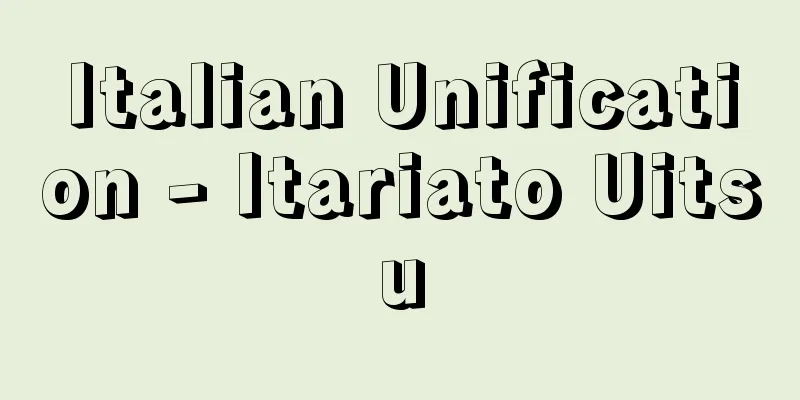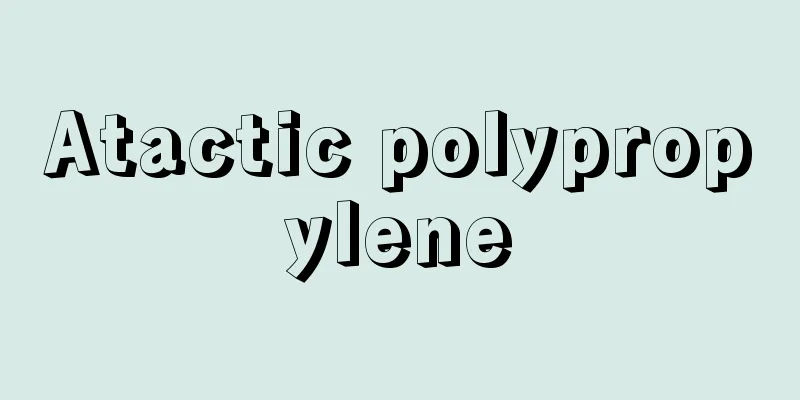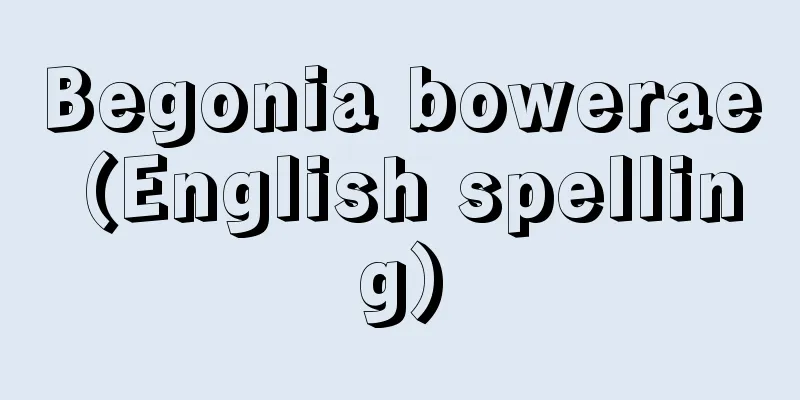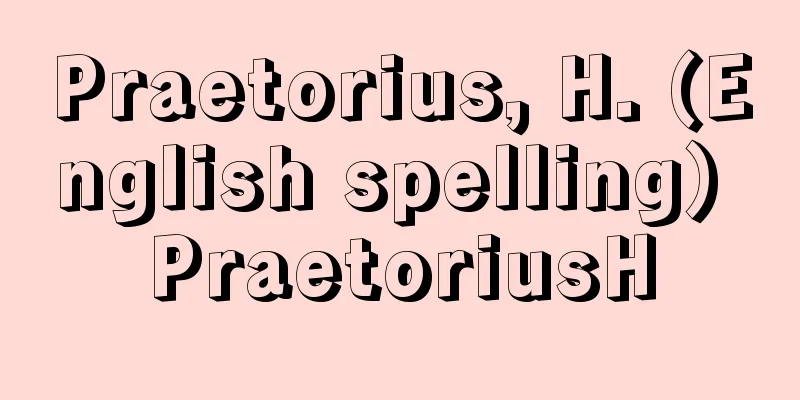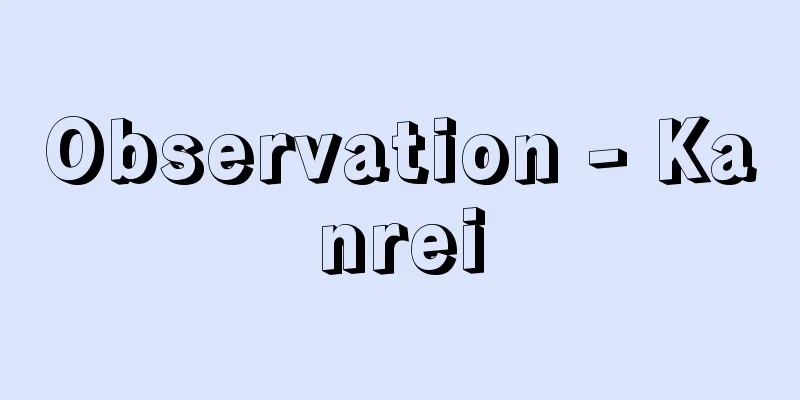Small Entente - Shokyosho

|
This refers to the friendly relationship between Czechoslovakia, Yugoslavia, and Romania after World War I. Initially, the expression was used by the Budapest newspaper Pestihirrap (February 21, 1920 issue) to mock the confrontational attitude of the three countries that emerged from the collapse of the Austro-Hungarian Empire, but later it came to mean the partnership relations based on defensive alliance treaties between the Czech Republic and Yugoslavia (August 14, 1920), the Czech Republic and Romania (April 23, 1921), and Yugoslavia and Romania (June 7, 1921) in defense of Hungary and Bulgaria. The Little Entente also worked towards economic integration and became a unique presence in Eastern Europe, with its pro-French character being particularly significant. France, which was initially unfriendly, encouraged Poland to approach the Little Entente after the Polish-Soviet War (1920), and it also established and strengthened alliances with Poland (February 1921), the Czech Republic (January 1924), Romania (June 1926), and Yugoslavia (November 1927), making this network of Eastern European alliances the pillar of its European policy. However, the region gradually became more economically dependent on Germany, and after the Great Depression, it rapidly became unstable. After collective security initiatives including Germany, the Soviet Union, and Poland, such as the Locarno Plan for Eastern Europe, failed, these small countries were sacrificed to the policy of "appeasement," and the Little Entente collapsed with Hitler's dissolution of the Czechoslovakia on March 16, 1939. [Manabu Hamaguchi] Source: Shogakukan Encyclopedia Nipponica About Encyclopedia Nipponica Information | Legend |
|
第一次世界大戦後のチェコスロバキア、ユーゴスラビア、ルーマニア3国の友好関係をいう。当初、オーストリア・ハンガリー帝国崩壊のなかから生まれた3国の対決的態度をあざけって、ブダペストの新聞『ペスチヒルラップ』(1920年2月21日号)が用いた表現であったが、のちハンガリーやブルガリアに備えるチェコ―ユーゴ(1920.8.14)、チェコ―ルーマニア(1921.4.23)、ユーゴ―ルーマニア(1921.6.7)の防御同盟条約による提携関係を意味するに至った。 小協商は、経済統合にも努め、東欧で独自の存在となったが、とくにその親仏的性格が重要である。当初好意的でなかったフランスは、ポーランド・ソビエト戦争(1920)を契機にポーランドに小協商への接近を促し、自らもポーランド(1921.2)、チェコ(1924.1)、ルーマニア(1926.6)、ユーゴ(1927.11)との同盟関係を確立強化し、この東欧同盟網をヨーロッパ政策の支柱に据えた。しかし、この地域はしだいにドイツへの経済的依存を強め、さらに世界恐慌以後、急速に不安定化した。 東欧ロカルノ案など、ドイツ、ソ連、ポーランドを含む集団安全保障構想が挫折(ざせつ)したのち、これら小国は「宥和(ゆうわ)政策」の犠牲に供され、1939年3月16日ヒトラーのチェコ解体により小協商も崩壊した。 [濱口 學] 出典 小学館 日本大百科全書(ニッポニカ)日本大百科全書(ニッポニカ)について 情報 | 凡例 |
<<: Circumstantial evidence - circumstantial evidence
>>: Preface to the Sacred Teachings - Shogyo no Jo
Recommend
Villard de Honnecourt
A French architect active in the first half of the...
Officer Candidate School - Kanbuko Hosei Gakko
An institution that educates officer candidates fo...
Tātā, JN (English spelling) TataJN
…Along with the Birla conglomerate, it is one of ...
carpel
…the female organ of an angiosperm flower, consis...
Peabody Trust
…On the other hand, the improvement of slums in c...
Index fossil - index fossil
Also called standard stones. A fossil that indicat...
Cassiopeium
…Periodic table Element symbol = Lu Atomic number...
Fabliaux - Fabliaux (English spelling)
A collective name for about 150 short verse stori...
Daphnimorpha kudoi (Makino) Nakai
A shrub of the Thymelaeaceae family that grows onl...
Britannicus, TC (English spelling) BritannicusTC
…Lucius Domitius Ahenobarbus was born in Antium t...
Pale-snowflake - Pale-snowflake
…Marsh harriers fly low over grasslands and marsh...
garden party
…Garden party is a type of reception where a larg...
Kaiike
It is one of the four Koshiki lakes, a group of re...
Umberto D
...After World War II, he became the greatest dir...
Air blast freezing method
...In Japan, frozen food production was just 5,00...

